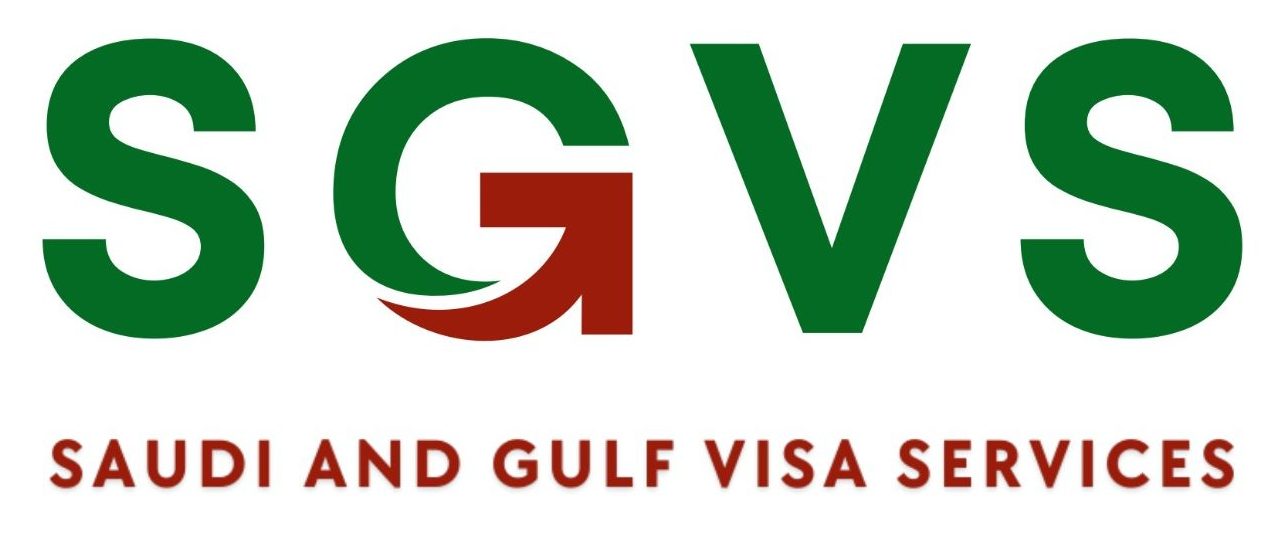
5 Professions That Cannot Sponsor Dependents Under an Iqama
September 10, 2025
Sponsorship Rules for French Employees Applying for a Saudi Work Visa
September 26, 2025If you’re an Indian professional working in Saudi Arabia, chances are that one of your biggest priorities is bringing your family to live with you. The good news is — Saudi Arabia allows expatriates with a valid Iqama (residence permit) to sponsor their spouse and children under a Family Residence Visa.
But the process can feel overwhelming, especially with all the requirements, salary criteria, and paperwork involved. In this blog, we’ll break down the Iqama sponsorship rules step by step so you know exactly what to expect.
What Is an Iqama and Why Is Sponsorship Needed?
An Iqama is your Saudi residence permit. It proves that you’re legally allowed to live and work in the Kingdom under your employer’s sponsorship.
If you want your family to join you, you’ll need to sponsor them. This means your spouse and children will get their own residence permits linked to yours. But this isn’t automatic — you have to meet certain rules before your application will be approved.
Who Can Be Sponsored on a Family Residence Visa?
As an Indian expat with a valid Iqama, you can usually sponsor:
Your spouse (husband or wife)
Your children (generally under 18 years; unmarried daughters are allowed at any age)
In special cases, parents can be sponsored, but this usually requires higher salary levels and additional approvals.
Minimum Salary Requirement for Sponsorship
One of the most important rules for Indians applying for a Saudi family residence visa is the minimum income requirement.
Sponsors usually need a salary of at least SAR 5,000–8,000 per month (varies by region, employer, and number of dependents).
You’ll also need to show proof of accommodation — either a lease contract in your name or employer-provided housing.
Tip: Always confirm the latest salary threshold with your HR team or PRO before applying, since Saudi regulations can change.
Processing Time & Fees
The family residence visa stamping in India usually takes 8–10 working days, provided documents are complete.
Costs include: embassy stamping fees, medical tests, translation and attestation charges, and dependent Iqama fees (paid annually in Saudi).
Common Reasons for Visa Rejection
Unfortunately, some applications get rejected. The most common reasons include:
Iqama expired or close to expiry
Salary not meeting the threshold
Incorrect or missing attestations on certificates
Medical fitness reports not from approved centers
Name or spelling mismatches between documents and passports
Pro tip: Double-check that names on marriage and birth certificates match exactly with the passport. Even a missing middle name can cause delays.
For many Indian expats, sponsoring their family in Saudi Arabia is a life-changing step. While the process requires patience and attention to detail, it’s absolutely possible if you prepare the right documents and meet the salary requirements.
At the end of the day, the Iqama sponsorship rules are there to ensure that expatriates have the financial stability and proper paperwork to support their dependents. With the right guidance and by avoiding common mistakes you can successfully bring your loved ones to join you in the Kingdom.















